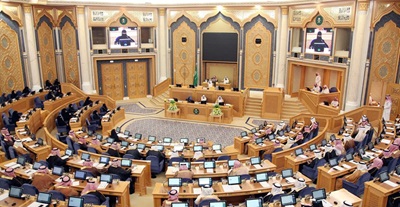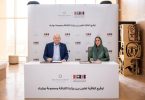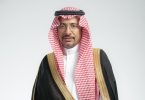Long-term goals for Saudi Tourism include diversification of its investments to enhance revenues and achieve financial efficiency as well as to increase sustainability.
The Shura Council convened its forty-fourth ordinary session of the fourth year of the eighth session yesterday, chaired by the Deputy Chairman of the Council, Dr. Mishaal bin Fahm Al-Sulami. The Council reviewed the agenda and made necessary decisions regarding the items it contained, which included Hajj and Umrah affairs.
Impacting travelers and tourism, the Shura Council issued a decision calling on the Ministry of Hajj and Umrah to collaborate with relevant authorities to expand the establishment of care centers for pilgrims at arrival ports. It emphasized the need to allocate necessary locations for these centers and expand indicators for measuring pilgrims’ satisfaction with the services provided. Additionally, the Council adopted an extra recommendation within this decision presented by Council member Dr. Abdullah Al-Wagdani.
The Shura Council also called on Al-Baha University, in coordination with relevant authorities, to focus on developing specialized and innovative academic programs in tourism and agriculture.
Also high on the priority list of tourism in the Kingdom of Saudi Arabia is the continuation of growth in collaboration efforts with other countries.
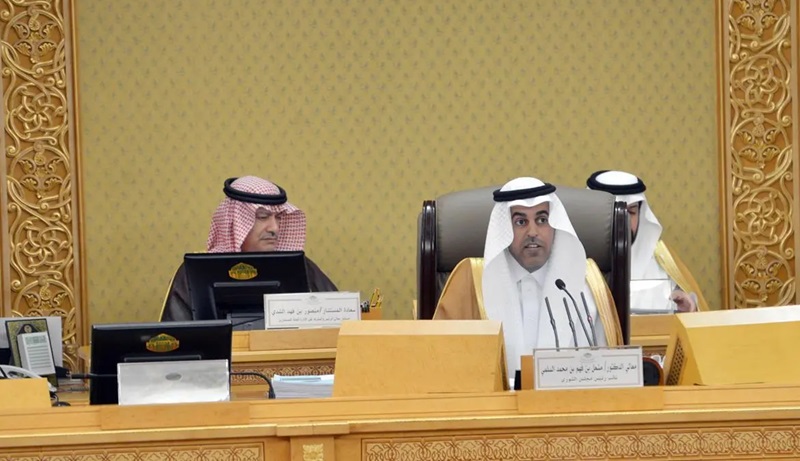
Strengthening Arab-Japanese Collaboration
Secretary General of the Arab League Ahmed Aboul Gheit emphasized the importance of expanding the Arab-Japanese partnership and transforming it into a future strategic alliance with tangible outcomes across various sectors.
During his speech at the fifth Japan-Arab Economic Forum in Tokyo, Aboul Gheit called for the expansion of partnership mechanisms to encompass new areas, including promoting tourism, leveraging technology to address climate change, mitigating disaster risks, advancing smart transportation, ensuring information security, advancing artificial intelligence, smart housing, and education. These areas present promising investment and cooperation opportunities between the two sides. Aboul Gheit underscored that Japan remains a crucial partner for Arab countries, with bilateral trade increasing from $114 billion in 2022 to nearly $140 billion since the beginning of 2024.
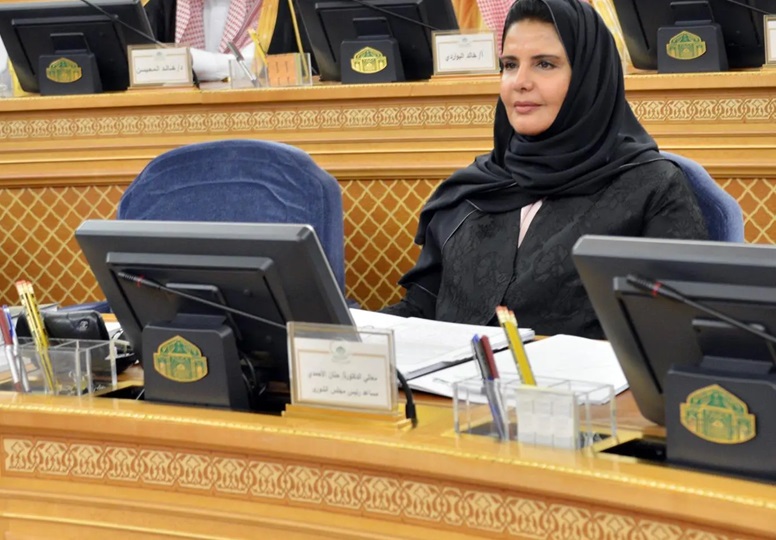
Formation of Saudi-Nigerian Business Council
The Federation of Saudi Chambers announced the final formation of the Saudi-Nigerian Business Council in its founding session (1445–1449), designating Sultan bin Mahdi Al-Qahtani as Chairman of the Council, and Sultan bin Khalid Al-Turki and Nasser bin Abdulaziz Al-Sudais as Vice Presidents.
Chairman of the Saudi-Nigerian Business Council Sultan Al-Qahtani stated that Nigeria is one of the largest economic powers in Africa, with a GDP of about $477 billion in 2022. He noted that the formation of the Council aligns with the Kingdom’s aim to strengthen its economic relations with African countries and seek investment opportunities and new markets.
Al-Qahtani clarified that the volume of trade between the Kingdom of Saudi Arabia and Nigeria did not exceed 1.5 billion riyals. He emphasized the importance of increasing efforts and awareness of opportunities and markets in both countries, highlighting Nigeria’s promising opportunities in sectors such as tourism, transportation, services, logistics, finance, technology, education, health, industry, and mining.

